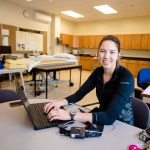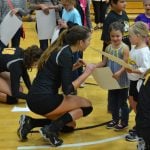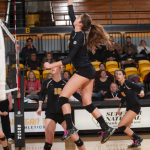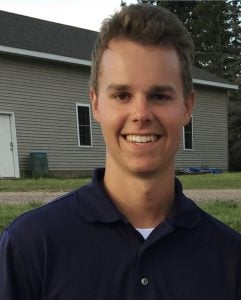
Hi! My name is Hunter Kero. I am currently a senior here at Michigan Tech, majoring in Exercise Science while double minoring in Pre-Health Professions and Psychology. I will be attending Central Michigan University’s Doctorate in Physical Therapy program in May. I applied to this program because of the co-op they have with Michigan Tech, and the opportunity to continue my education in the Copper Country.
Studying exercise science at Michigan Tech was very valuable for getting into PT school. In high school, I was always interested in the human body and became interested in athletic training and physical therapy. It wasn’t until I underwent shoulder surgery, which required many months of physical therapy that I decided I wanted to pursue a career in PT. So, when I transferred to Michigan Tech and saw the curriculum for Exercise Science It was a very easy decision for me to go down this route.
Michigan Tech provided me with every opportunity to strengthen my application. The shadowing program that Tech has is perfect for students who need on-sight shadowing hours. Along with shadowing, I volunteered as an assistant coach for a local high school hockey team as well as a few smaller organizations and events. I did not take part in research, but Michigan Tech has great opportunities to do so, and I would highly recommend it. Without the pre-health profession courses, I would have been very overwhelmed in the application process. These courses cover every aspect of the application and what is required for each topic of the application. I strongly recommend taking those classes and saving your work from them.
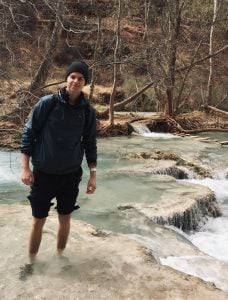
Some advice I would give Tech students going for physical therapy would be:
- Talk to your Pre-Health Advisor (Nicole) and make sure you have a plan and know what prereqs you need.
- Do not overwhelm yourself as a Freshman or sophomore, enjoy the college experience. There is no correct path to these programs. Be unique.
- Take advantage of what Tech has to offer, there are a lot of opportunities you may not know of. It is okay to ask questions.
Best of luck to all the students and your journey into whatever you may choose! If you have any questions don’t be afraid to reach out, Nicole has my email.

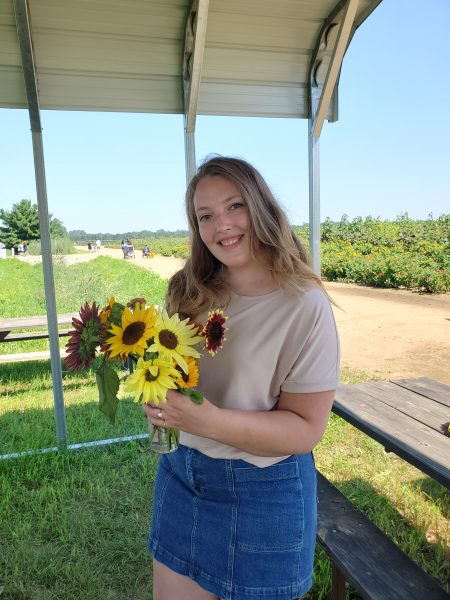
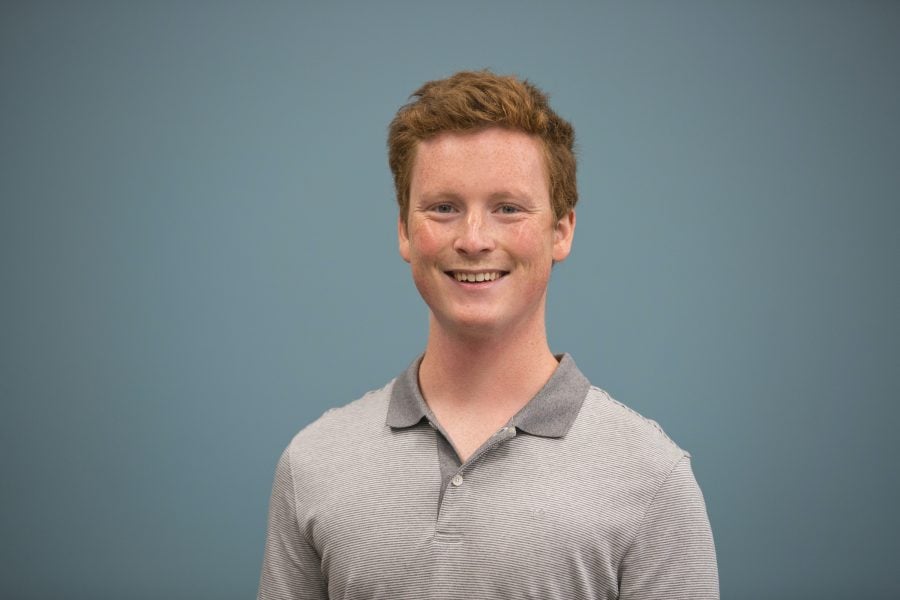
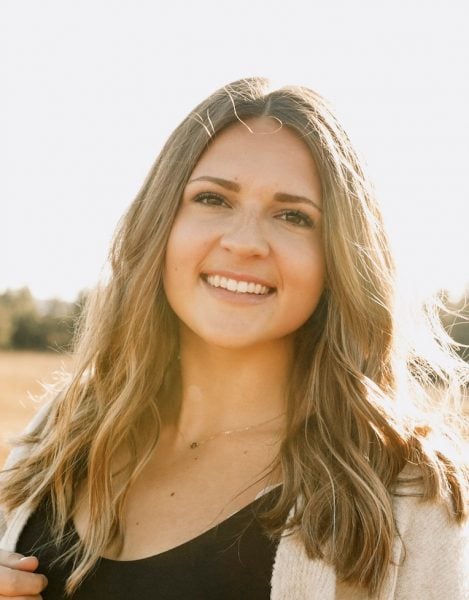
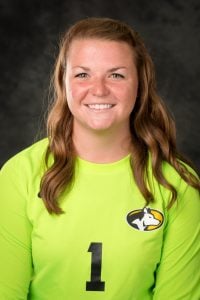 I think Michigan Tech gave me the opportunity to be involved with a lot of different things and become a well-rounded student. The small class sizes gave me the confidence to take charge and lead, in group and classroom settings. The research-based classes and labs gave me a good background in reading and interpreting research. The kinesiology department faculty have helped me so much with the application process itself. They took the time to write recommendations, proofread essays, and do mock interviews. The undergraduate internship that I completed at UP Health System gave me a very diverse shadowing experience. Due to the rural nature of the Houghton-Hancock area, I was able to observe many practice settings. I think being able to talk about these diverse experiences strengthened my understanding of
I think Michigan Tech gave me the opportunity to be involved with a lot of different things and become a well-rounded student. The small class sizes gave me the confidence to take charge and lead, in group and classroom settings. The research-based classes and labs gave me a good background in reading and interpreting research. The kinesiology department faculty have helped me so much with the application process itself. They took the time to write recommendations, proofread essays, and do mock interviews. The undergraduate internship that I completed at UP Health System gave me a very diverse shadowing experience. Due to the rural nature of the Houghton-Hancock area, I was able to observe many practice settings. I think being able to talk about these diverse experiences strengthened my understanding of 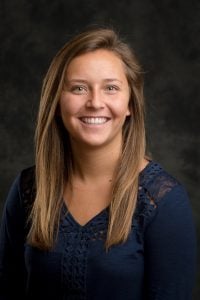
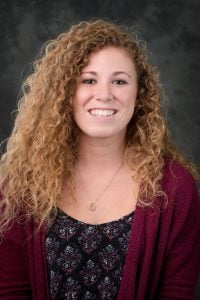 My name is Lindsay Winter, and I currently a first-year student at Central Michigan University’s Doctorate of Physical Therapy (PT) program. At Michigan Tech, my undergrad degree was in
My name is Lindsay Winter, and I currently a first-year student at Central Michigan University’s Doctorate of Physical Therapy (PT) program. At Michigan Tech, my undergrad degree was in 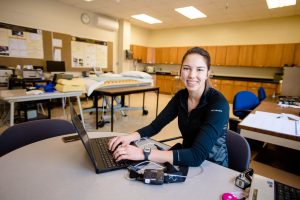 When I first decided to
When I first decided to 